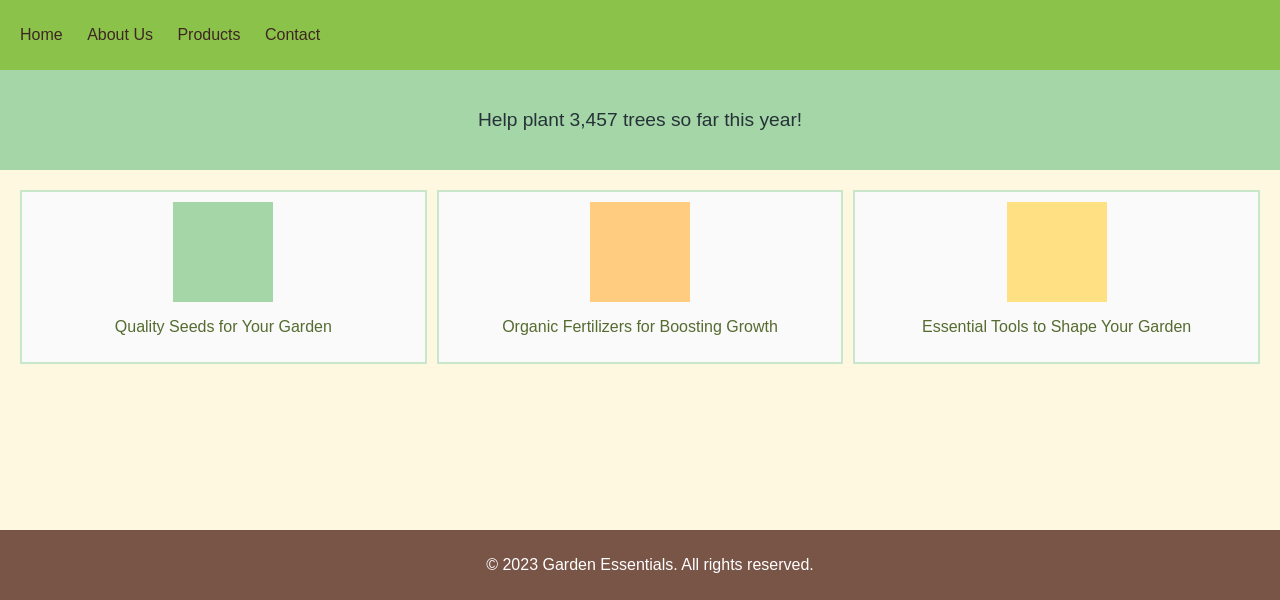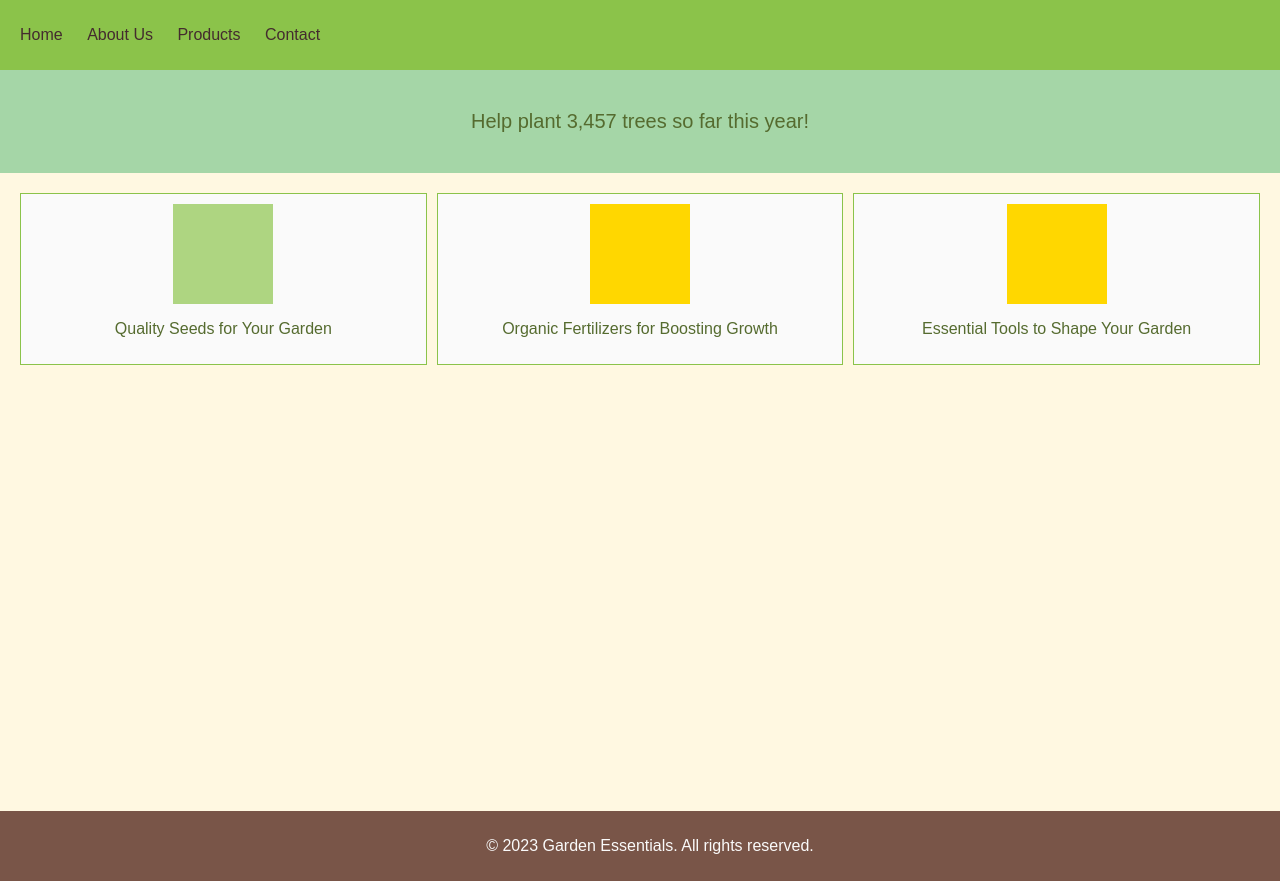metadata
license: bsd-3-clause-clear
WAFFLE: Multi-Modal Model for Automated Front-End Development
We develope WAFFLE, a fine-tuning approach to train multi-modal LLM (MLLM) to generate HTML code from webpage screenshots or UI designs. WAFFLE uses a structure-aware attention mechanism to improve MLLMs' understanding of HTML's structure and a contrastive fine-tuning approach to align MLLMs' understanding of UI images and HTML code. Models fine-tuned with WAFFLE show up to 9.00 pp (percentage point) higher HTML match, 0.0982 higher CW-SSIM, 32.99 higher CLIP, and 27.12 pp higher LLEM on our new benchmark WebSight-Test and an existing benchmark Design2Code.
Updates:
- 10/24/2024: Our preprint avaiable at: arXiv, huggingface
- 10/24/2024: Our code (keep maintaining) avaiable at: code
- 10/24/2024: Our fine-tuned Waffle_VLM_WebSight (7B), using DoRA, is released at: lt-asset/Waffle_VLM_WebSight
Dependency
- peft 0.11.1
- transformers 4.41.1
- pytorch 2.3.0
- selenium
- Python 3.10.14
- deepspeed 0.14.1
- datasets 2.19.1
- beautifulsoup4 4.12.3
- accelerate 0.30.1
Quick Start
- Input UI design
Find a webpage screenshot, or UI design:
- Run Waffle_VLM_WebSight
import torch
from PIL import Image
from transformers import AutoProcessor, AutoModelForCausalLM
from transformers.image_utils import to_numpy_array, PILImageResampling, ChannelDimension
from transformers.image_transforms import resize, to_channel_dimension_format
from utils import TreeBuilder
def convert_to_rgb(image):
if image.mode == "RGB":
return image
image_rgba = image.convert("RGBA")
background = Image.new("RGBA", image_rgba.size, (255, 255, 255))
alpha_composite = Image.alpha_composite(background, image_rgba)
alpha_composite = alpha_composite.convert("RGB")
return alpha_composite
def inference_vlm_websight(image_path, html_path):
def custom_transform(x):
x = convert_to_rgb(x)
x = to_numpy_array(x)
x = resize(x, (960, 960), resample=PILImageResampling.BILINEAR)
x = processor.image_processor.rescale(x, scale=1 / 255)
x = processor.image_processor.normalize(
x,
mean=processor.image_processor.image_mean,
std=processor.image_processor.image_std
)
x = to_channel_dimension_format(x, ChannelDimension.FIRST)
x = torch.tensor(x)
return x
model_dir = "lt-asset/Waffle_VLM_WebSight"
processor = AutoProcessor.from_pretrained(model_dir)
model = AutoModelForCausalLM.from_pretrained(model_dir, torch_dtype=torch.bfloat16, trust_remote_code=True).cuda()
assert model.config.web_attention_range == 2, "Waffle_VLM_WebSight is trained with hierarchical attention applied to 2 / 8 heads"
# use 2/8 = 1/4 attention heads for hierarchical attention (as described in paper)
model.eval()
image_seq_len = model.config.perceiver_config.resampler_n_latents
BOS_TOKEN = processor.tokenizer.bos_token
BAD_WORDS_IDS = processor.tokenizer(["<image>", "<fake_token_around_image>"], add_special_tokens=False).input_ids
image = Image.open(image_path)
inputs = processor.tokenizer(
f"{BOS_TOKEN}<fake_token_around_image>{'<image>' * image_seq_len}<fake_token_around_image>",
return_tensors="pt",
add_special_tokens=False,
)
inputs["pixel_values"] = processor.image_processor([image], transform=custom_transform).to(dtype=torch.bfloat16)
inputs_for_generation = {k: v.cuda() for k, v in inputs.items()}
inputs_for_generation["web_attention_mask"] = None
inputs_for_generation["html_tree"] = TreeBuilder(processor.tokenizer)
inputs_for_generation["html_tree"].web_attention_mask = inputs_for_generation["web_attention_mask"]
generated_ids = model.generate(
**inputs_for_generation, bad_words_ids=BAD_WORDS_IDS, max_length=2048,
num_return_sequences=1, do_sample=False
)
generated_text = processor.batch_decode(generated_ids, skip_special_tokens=True)[0]
with open(html_path, 'w') as wp:
wp.write(generated_text)
if __name__ == '__main__':
inference_vlm_websight('examples/test-495.png', 'examples/example-495.html')
- Waffle_VLM_WebSight generated HTML code
- Rendered Waffle_VLM_WebSight output
Render the HTML, or preview the HTML to check the correctness:
Citation
@misc{liang2024wafflemultimodalmodelautomated,
title={WAFFLE: Multi-Modal Model for Automated Front-End Development},
author={Shanchao Liang and Nan Jiang and Shangshu Qian and Lin Tan},
year={2024},
eprint={2410.18362},
archivePrefix={arXiv},
primaryClass={cs.SE},
url={https://arxiv.org/abs/2410.18362},
}

